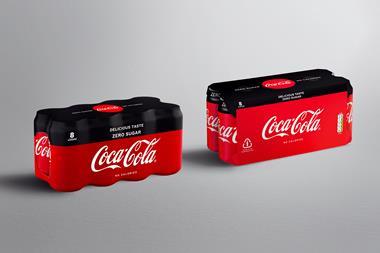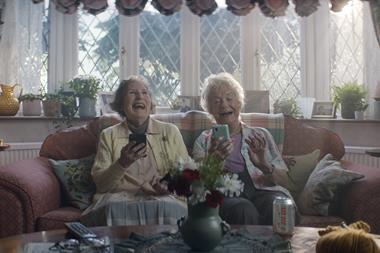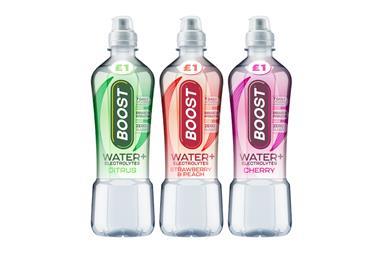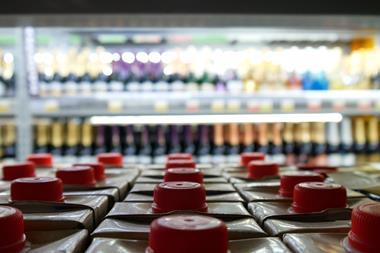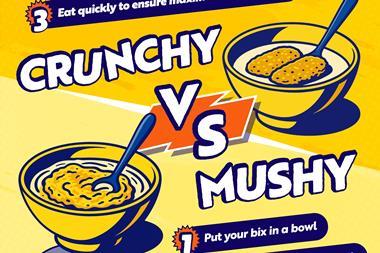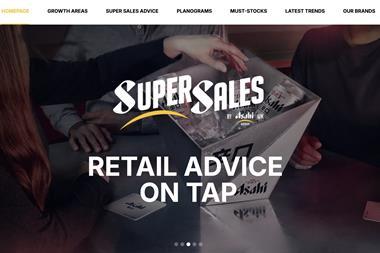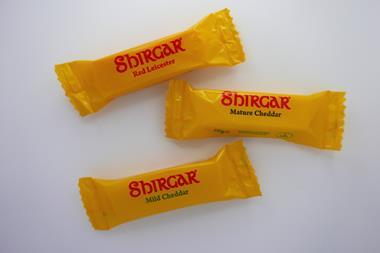Coca-Cola creates bottles made from marine plastic

Coca-Cola has unveiled a bottle made using recovered and recycled marine plastic, designed to show how ocean debris can be used in packaging for food or drink.
ALREADY HAVE A REGISTERED USER ACCOUNT? PLEASE LOG IN HERE
To read the full story join the ConvenienceStore.co.uk community today!
Registration is quick and easy and provides access to:
- Unlimited ConvenienceStore.co.uk articles
- Our great range of newsletters
- Content you’ve saved for later via the ‘my library’ feature
And much more…




















